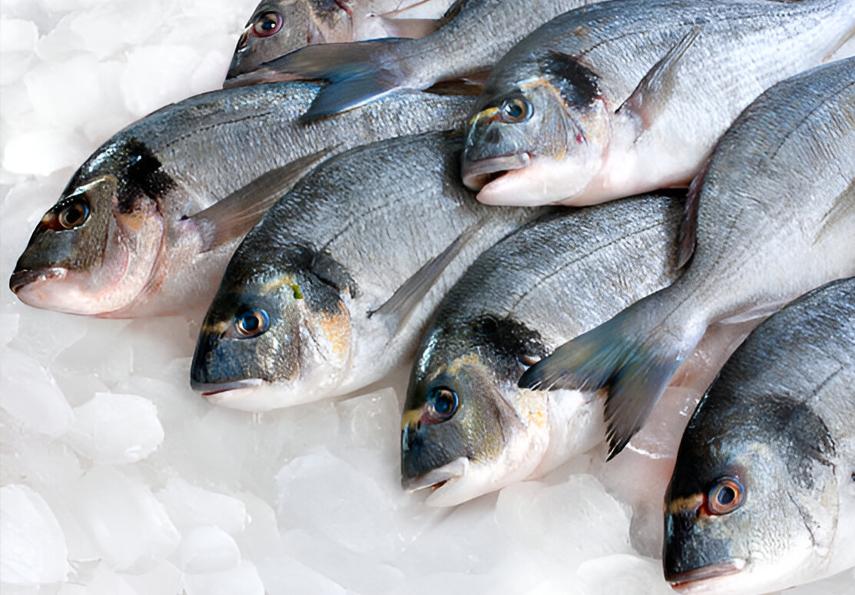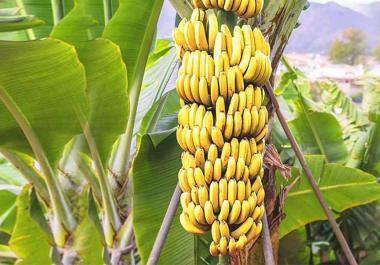
Project Overview
1)As this is a Murabaha contract (production and sale), there is no opportunity for an emergency exit for investors. We will arrange or purchase the fish, nurture and raise them, and sell them to enlisted merchants. Therefore, we cannot return your investment amount before the project concludes.
2) Duration of Investment
The total investment amount will be - 20,70,000
This investment will be for 5 Months.
3) Projected ROI(Return of Investment)
The return on investment (ROI) will be 25% annually. In five (5) months, the investor will receive a halal dividend of 10.4% (excluding service charges).
4) Investment Part
Here, the minimum investment would be 20,000 TK, or investors can invest up to the project limit. Halal dividends will be disbursed every five months.
For example, if someone invests 100,000 TK (one lakh taka), they will receive 125,000 TK, excluding service charges (100,000 TK as the investment part and 25,000 TK as the profit part in a year).
5) Loss Sharing
Grow Up is a Shariah-compliant project, and according to the Murabaha Principle, investors bear no responsibility for any business losses after transferring the liability to the Grow Up authority. Any losses incurred after handing over the product to the agent/merchant are not shared with the investors. Therefore, there will be no loss sharing from the business after the handover of the product to the merchant.
6) Service Charge
Grow Up will apply a 5% service charge on investors' profit. It should be noted that all of the mentioned ROI above are provided after excluding this service charge.
7) Contract Conditions
The investor will enter into a Murabaha Agreement (production-sale) contract with Grow Up for the Fish Project. This will be a "purchase, nurture, and sell" process where investors will first buy fish molecules through Grow Up, ensuring they are nurtured and raised for sale to merchants.
Grow Up will act as an agent for the investors, purchasing the fish molecules, assuming necessary ownership and risk of asset possession on their behalf, and ensuring the fish are raised and sold on behalf of the investors.
8) Risk Factor
According to our calculations, although the risk factor is 5%, Grow Up's fish molecule purchase experts, nurturing and raising team, and excellent marketing team can effectively manage this risk. Additionally, at the investor's request, we can provide an insurance policy as further assurance.
9) Payment Delay
Grow Up has conducted an in-house analysis of the projected returns of the business and expects to be able to repay on time, barring any unforeseen risk factors.
10) Security
Grow Up provides the following documents to investors:
- Contract Deed (300 tk Stamp)
- Security cheque
- Money Receipt
- Guarantor
- Copy of Authorized deed
- Insurance
Project About
Fish are a diverse group of aquatic animals that gill-breathe and are typically covered in scales. They inhabit both fresh and saltwater environments around the globe and are classified into several categories, including bony fish (Osteichthyes), cartilaginous fish (Chondrichthyes), and jawless fish (Agnatha). Fish play a significant role in ecosystems, serving as both predators and prey, and they are vital to the health of aquatic environments.
There are over 30,000 known species of fish, making them the most diverse group of vertebrates in the world. Fish vary greatly in size and shape, from the tiny Paedocypris progenetica, measuring just 7.9 millimeters, to the massive whale shark, which can grow up to 12 meters long. They possess fascinating adaptations that allow them to thrive in their respective habitats, such as bioluminescence in some deep-sea species and the ability to camouflage themselves among corals and ocean flora.
Fish are an essential dietary source for millions of people worldwide. Rich in high-quality protein, omega-3 fatty acids, vitamins, and minerals, fish can contribute to a balanced diet. Consuming fish is associated with various health benefits, including improved heart health, brain function, and reduced inflammation. Popular fish varieties for consumption include salmon, tuna, cod, tilapia, and sardines.
In addition to their nutritional value, fish are also crucial to the global economy. Fisheries and aquaculture support livelihoods for millions of people, providing employment in fishing, processing, and distribution sectors. However, overfishing, habitat destruction, and pollution pose significant threats to fish populations and aquatic ecosystems. Sustainable fishing practices, such as catch limits and responsible aquaculture, are critical to preserving fish biodiversity and ensuring that fish populations remain stable for future generations.
Moreover, fish have been an integral part of human culture for millennia. They appear in folklore, cuisine, art, and religion across various societies. Fishing is not only a means of subsistence but also a recreational activity enjoyed by many. Sport fishing has gained popularity, encouraging conservation efforts to protect fish habitats and species.
Research into fish biology and ecology continues to shed light on their behaviors, physiology, and their roles in the ecosystem. Scientists study the impacts of climate change on fish populations, including shifts in migration patterns, spawning behavior, and habitat loss. This research is vital for effective fishery management and conservation efforts.
In summary, fish are vital components of aquatic ecosystems, crucial for human nutrition and economy, and rich in cultural significance. As stewards of the environment, it is essential to be aware of the challenges facing fish populations and to adopt sustainable practices that contribute to their conservation.





